Except to Dutch protestants that don't seem to be thrilled
Dutch Protestants find EU Mary quite contrary
A group of Protestant Christians in the Netherlands is objecting to the emblem of the European Union being placed on car registration plates in their country, saying that the symbol conflicts with their religious convictions - writes Andreas Havinga.
The National Foundation for the Preservation of the Political Reformed Principles states that the EU emblem - a circle of 12 golden stars on a blue background - symbolises the veneration of Mary, the mother of Jesus, by the Roman Catholic Church.
"Most people don't think about it, but the EU symbol was thought up by a Roman Catholic in honour of Mary," P. H. op 't Hof, chairperson of the Reformed foundation, was quoted recently by the Nederlands Dagblad newspaper as saying. The newspaper reported that a court in the town of Leeuwarden had acknowledged that the issue concerns a matter of conscience.
This emboldened the Protestant group to repeat earlier requests to transport minister Camiel Eurlings, asking that the EU symbol be removed from the licence plates that have been in force since 2000.
The government minister responded, however, by saying that he saw no reason to do so since it is European Union policy to have licence plates with the symbol.
The emblem and flag were first used by another European body, the Council of Europe, before being adopted by the EU in 1985. Some observers say that the symbol bears a striking similarity to the 12-star halo of the Virgin Mary often seen in Catholic art.
In 1989, the Vatican newspaper l'Osservatore Romano, reported the emblem's designer, Arsène Heitz, had described the source of his inspiration as a series of reported apparitions by the Virgin Mary in 19th-century Paris. The date on which the Council of Europe adopted the flag, 8 December 1955, coincided with the Catholic Feast of the Immaculate Conception of the Blessed Virgin Mary.
Still, a Dutch member of the European Parliament, Toine Manders, has rejected as "outrageous" the statements by the Protestant group. "These 12 stars were already around in the period of Greek mythology, in other words long before Christianity,'' Manders stated on his website.
The Reformed foundation is a group of members of the Political Reformed Party (SGP), who judge the SGP to be insufficiently Calvinist. Founded in 1918, the SGP is the oldest political party in the Netherlands, and is known for its refusal to take part in any government Cabinet.
The Reformed foundation declared its was "disappointed" by the answer from the transport ministry.
Its chairperson, Op 't Hof, however, has come up with a provisional solution to the problem. The group sells adhesive stickers with the Dutch lion symbol to cover the EU emblem. Officially this is not allowed, but Op 't Hof says he has never encountered any problems.
Tip of the Hat to the Anchoress
Friday, March 27, 2009
There is Something About Mary In the European Union
Posted by
James H
at
3/27/2009 11:47:00 PM
![]()
Labels: Catholic, Europe, Virgin Mary
Subscribe to:
Post Comments (Atom)

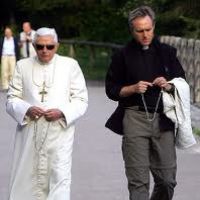

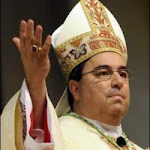



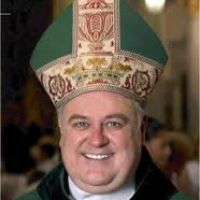

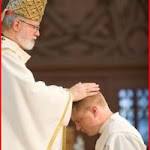
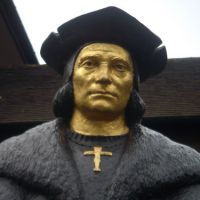
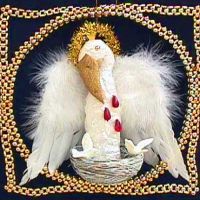
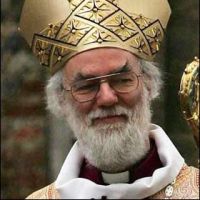

No comments:
Post a Comment